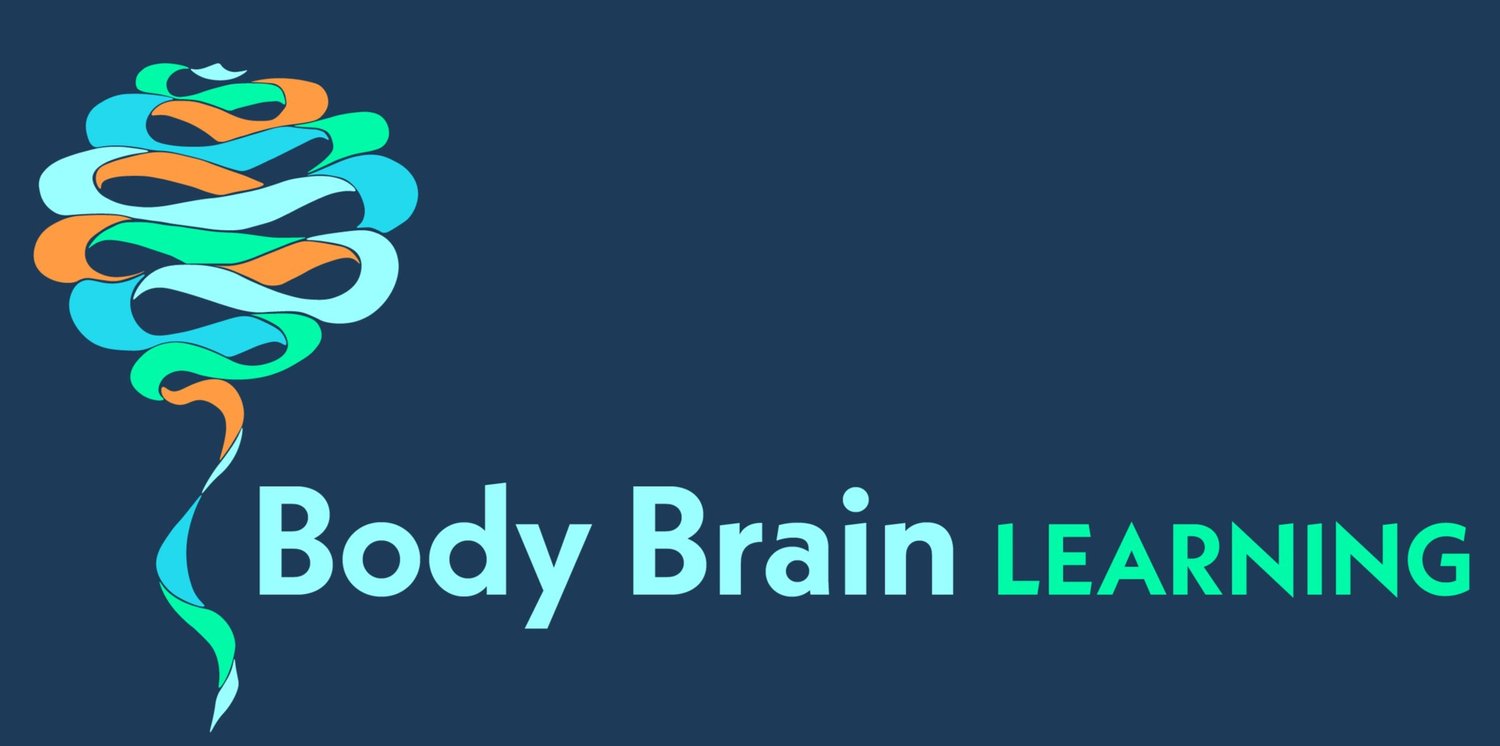Changing Children’s Lives Through Literacy
Every Child Has the Right To Read Confidently
We provide 1:1 and small group science-based reading instruction with a certified teacher, trained in therapeutic teaching methods.
We use a systematic linguistic approach with explicit reading instruction for accelerated learning. Includes literacy games (learning through play), and “home-play” activities to reinforce lessons.
Optimal personalized reading instruction is developed based on assessments that provide important data for each reading student.
Student-Enriching Assessments
-

MindPrint - Discover How You Learn Best!
MindPrint is a powerful tool for students in grades 3-12 that uses objective data to teach students how they learn best. It also includes custom strategies to help personalize learning based on their strengths and learning needs.
We have access to this online assessment tool that was developed by the University of Pennsylvania’s Perelman School of Medicine. It is being used by hundreds of training organizations and schools around the world to strategically support their learners.
-

Comprehensive Reading Evaluation
Required initial assessment for all our reading students. Includes gently evaluating all aspects required for successful reading. Depending on the amount of skills we are assessing and the cognitive processing speed of the student, the time required may vary, and we book 2 appointments.
Receive a 2-3 page report for parents/caregivers and educators outlining the specific strengths and challenges experienced by the reading student.Practical and specific recommendations will be included at the end of the report.
-

Vision Assessment of Functional Vision Skills
Uncoordinated functional vision skills can be a hidden reason a learner struggles with reading & comprehending. Therefore, we include a screening in all our reading assessments.
We also offer targeted vision retraining skills when children (or adults) experience: difficulty reading along with losing the place on a page of text, trouble keeping track in near/far seeing activities, watery sore eyes, headaches after visual tasks, requiring frequent vision breaks, and or an aversion to reading.



